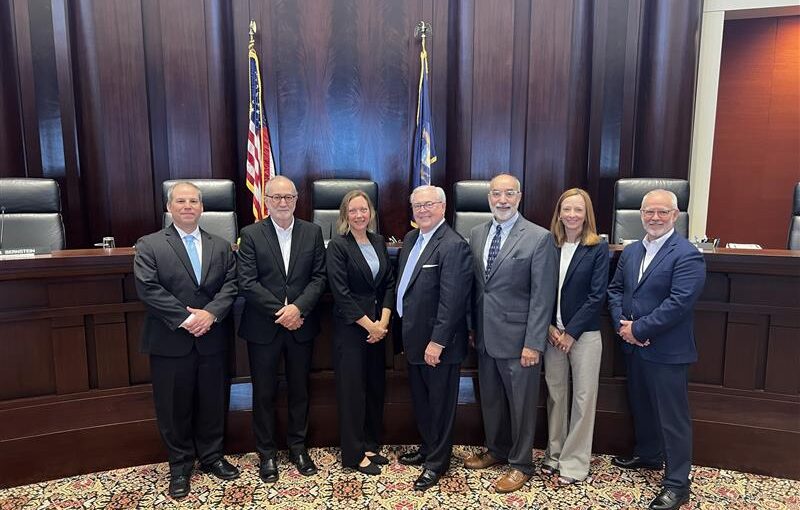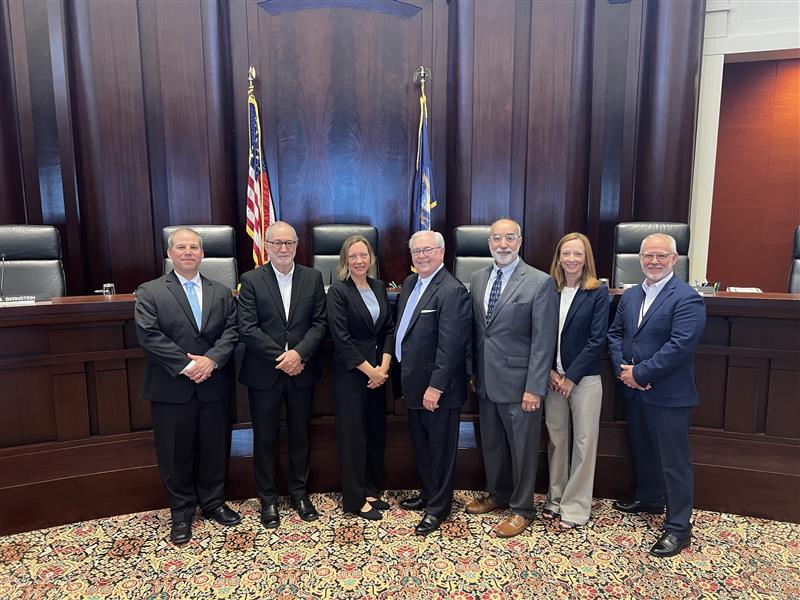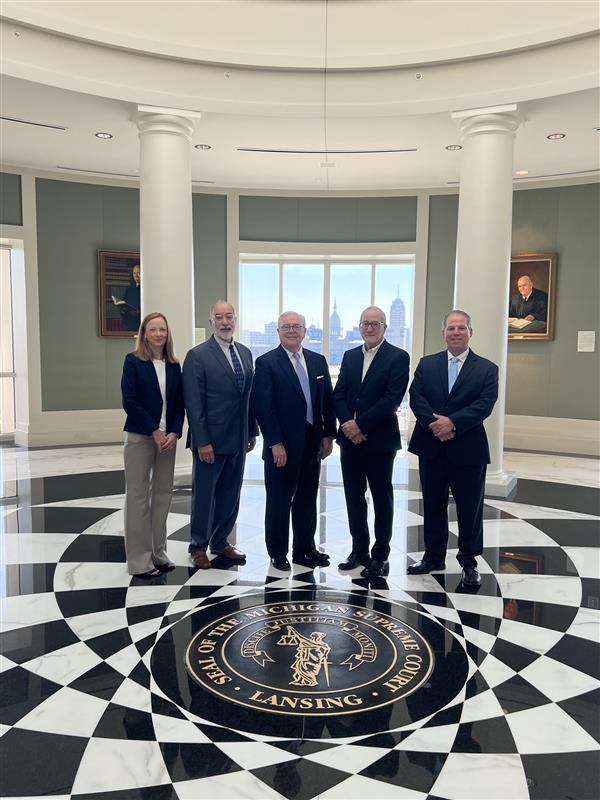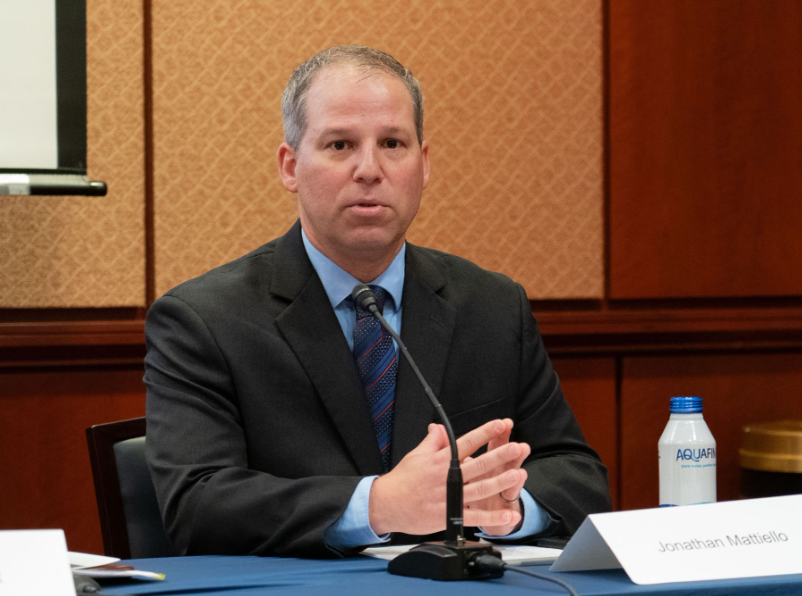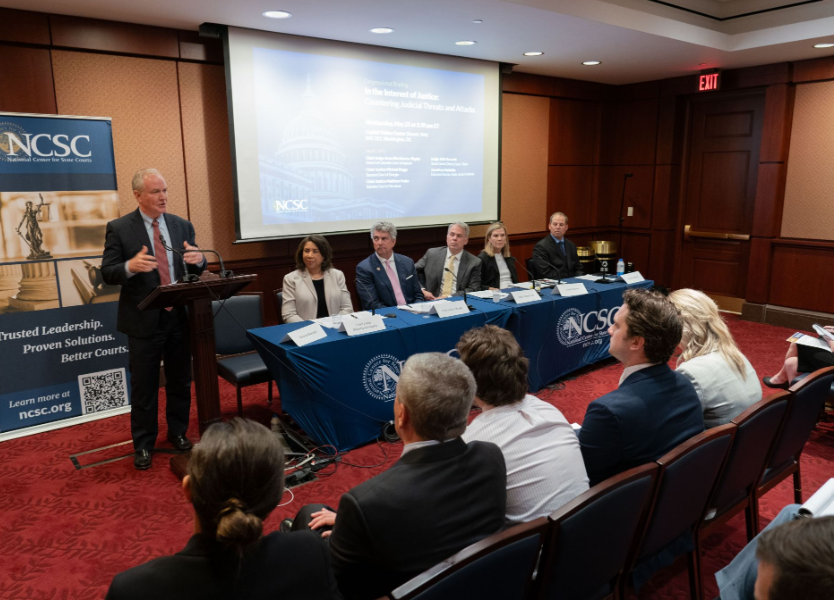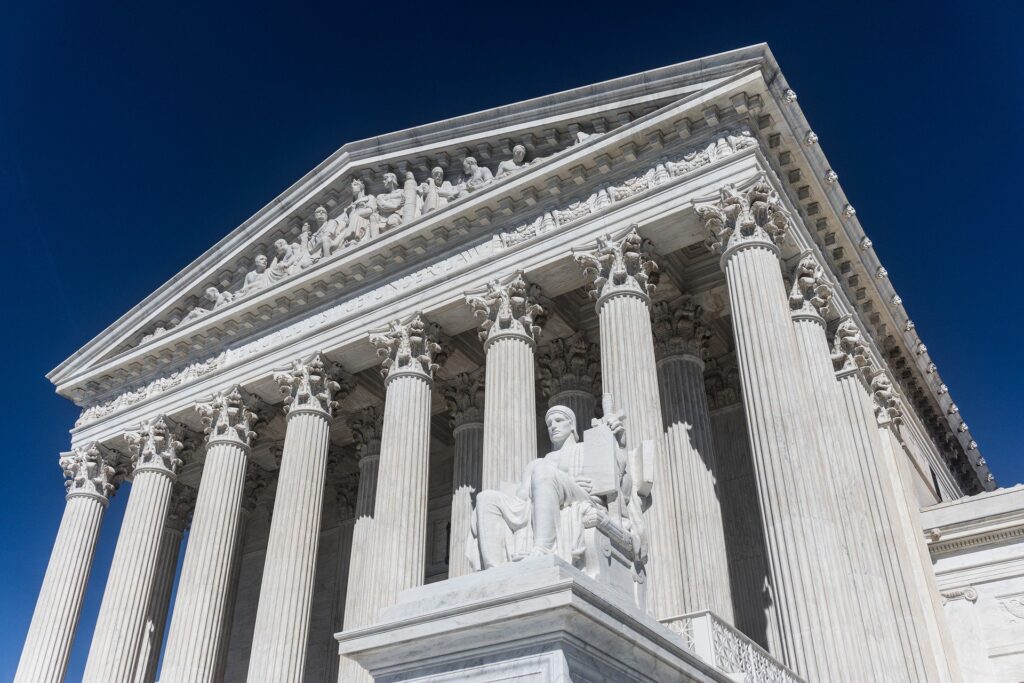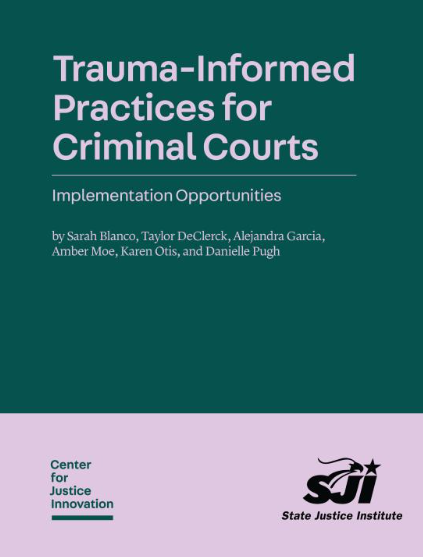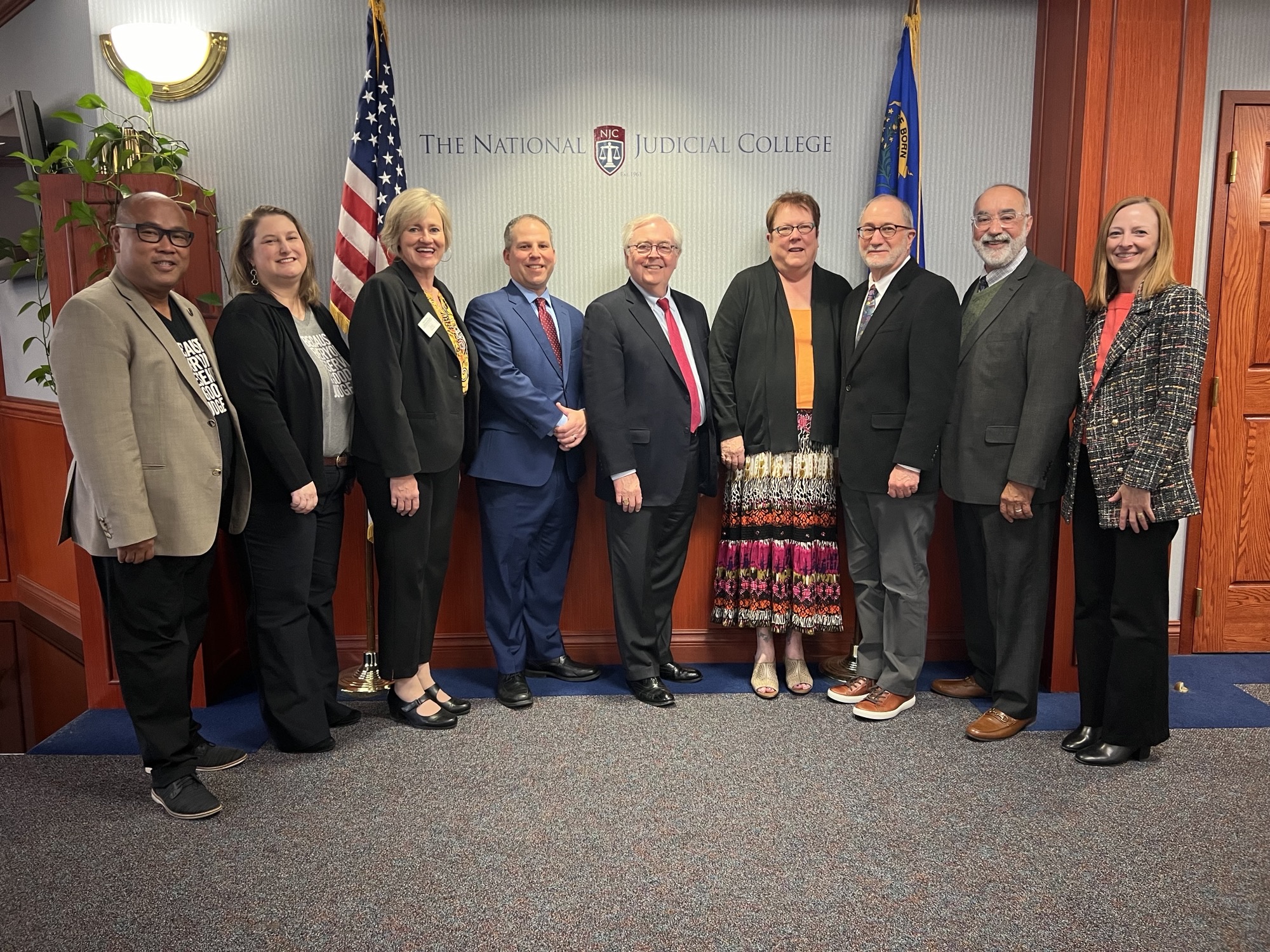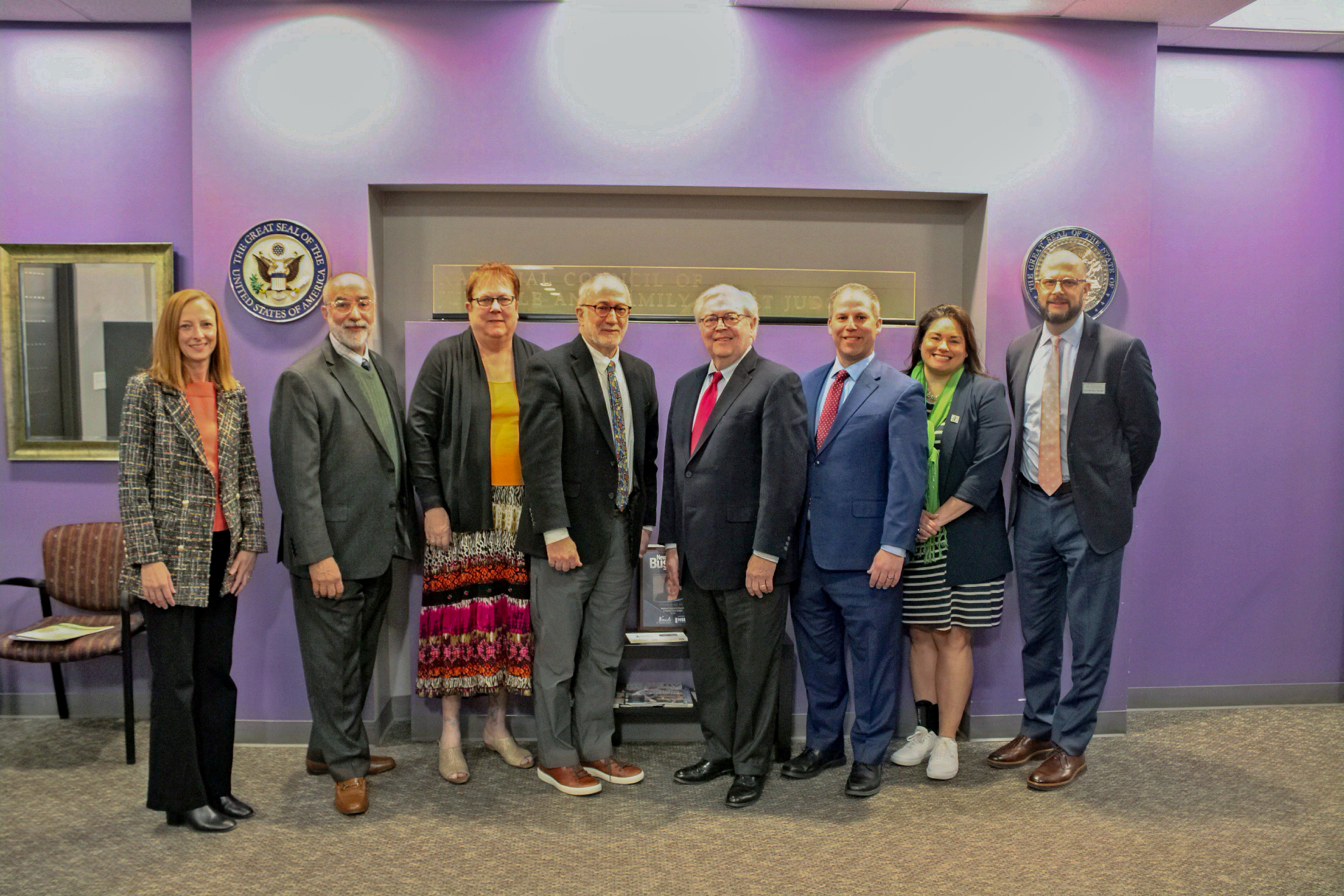Youth across the country are facing unprecedented challenges, from community violence to mental health issues to school absences. These new resources from the CSG Justice Center provide state leaders, policymakers, and youth justice professionals with critical data and evidence-based solutions to address the growing challenges faced by youth and the systems designed to support them:
- Navigating Concerns on Youth Crime, Violence, and Justice: What Does the Data Say? Details the most recent national data trends on youth mental health, arrests, violence, court cases, incarceration, and disparities along with key implications and recommendations for needed policy, practice, and funding improvements. These resources provide state leaders, policymakers, and youth justice and service professionals with critical data and evidence-based solutions to address the growing challenges faced by youth and the systems designed to support them. Also, save your spot for the accompanying webinar. Register here: https://csg-org.zoom.us/webinar/register/WN_AyhQKk3oR7quTEIDuNQHWg#/registration
- Support or Court: How States Respond to Youth Who Commit Noncriminal Offenses and Children Who Break the Law. Many states are experiencing severe service and staffing shortages and youth are often pushed into the juvenile justice system, not because they are a public safety risk, but to receive needed services. This report focuses on youth who commit status offenses and children who break the law (minimum age of juvenile court jurisdiction), shares findings from a 50-state scan, and provides key takeaways and a call to action for more effective, systemic, community-based responses.
- From First Offense to Future Arrests: The Impact of Probation on Youth. This study by The Pew Charitable Trusts, based on data provided by the Texas Juvenile Justice Department and analyzed by researchers at the CSG Justice Center and Pew, shows that diverting youth from probation could improve juvenile justice system efficiency and public safety outcomes.


